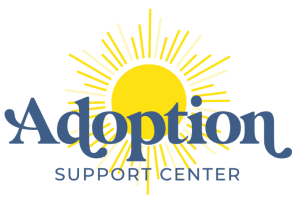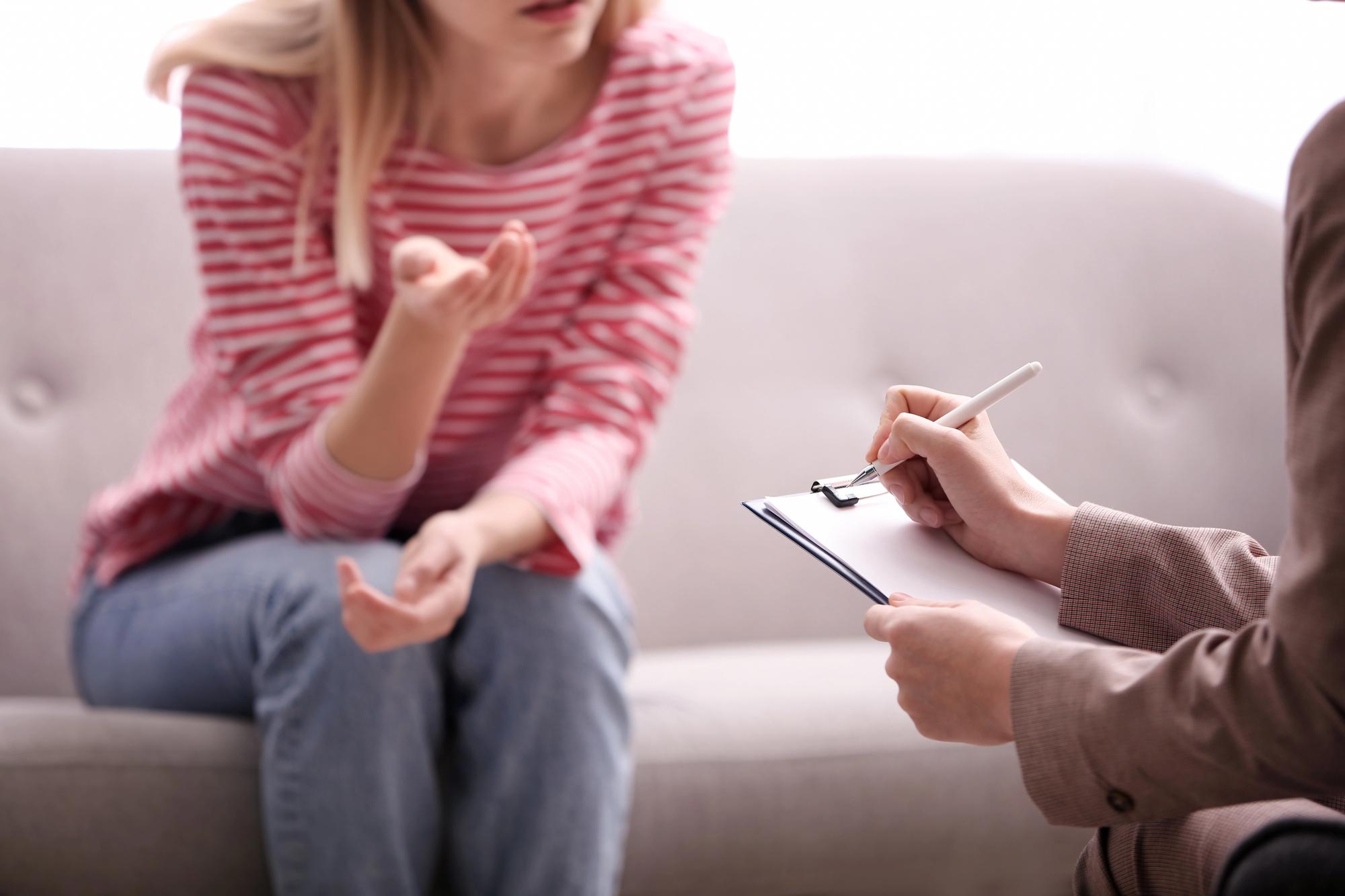What is Post Adoption Depression and who does it affect?
Postpartum Depression (PPD) can affect adoptive mothers and fathers. It is typically referred to as Post Adoption Depression (PAD). Post Adoption Depression remains largely unrecognized because PPD is associated with biological factors that many adoptive parents believe they are exempt from.
Similar to PPD, PAD occurs in 1 out of every 7 adoptive mothers (15 %) and 1 out of every 10 adoptive fathers (10 percent).
Risk Factors for Post Adoption Depression:
-Lack of sleep due to new baby
-Adjusting to major life change, new parenting role
-Unacknowledged infertility grief
-History of depression, anxiety
-Feelings of “You should be grateful, happy, because you chose and worked so hard to become parents through adoption.” And, potentially, “Another woman (parents) made the ultimate sacrifice so I/we could become parents. We can’t struggle or complain.”
At the end of the day, you’re just a parent. You’re going to face the struggles and exhaustion all parents face at times throughout their parenting journey. You don’t have to always be grateful or perfect parents. You can just be a parent with all the joy and challenges parenthood brings.
Initial struggles to bond
Bonding with your infant, whether through adoption or biology, can take time. There is nothing wrong with you if this is the case.
Tips for bonding:
· We encourage baby wearing, Kangaroo (skin to skin) time, Contact naps (safely of course)
· Respond quickly to your infants’ cries/needs
· You and your partner should be the primary ones to feed/console baby. Let family/friends take care of YOU and you take care of baby. However, if you are feeling exhausted, burnt out, anxious and need a good nap or night of rest, let a trusted family member/friend take care of baby. Your needs are important for the health of both you and your baby!
Potential Signs/Symptoms of Post Adoption Depression:
-Depressed Mood, Ongoing Sadness
-Loss of interest in typical social, physical activities
-Changes in appetite, Weight loss or gain
-Inability to sleep or sleeping too much
-Increased anxiety, Feeling agitated or irritable
-Feelings of guilt or shame
-Indecisiveness and inability to concentrate
What to do if you believe you are experiencing Post Adoption Depression:
1. We encourage you to reach out to your trusted medical provider for support, referrals to counseling and to discuss potential pharmacological treatment.
2. We encourage you to seek support, treatment with a mental health professional.
3. If your placement was through ASC, you can reach out to us. We are a safe place where you can share what you are experiencing. We can then make referrals for support and treatment in your community.
Please note: ASC is not a practicing mental health agency. We do not offer ongoing treatment/therapy for PAD.
Please know: Don’t hesitate to share with ASC your struggles with PAD or bonding out of fear we will “take away your baby.” There is no judgement here. Only care and concern. You are experiencing something any parent, whether through biology or adoption, can experience and our goal will be to ensure you are connected with support in your community.
4. Some additional suggestions for self-care…
-Get out of the house, take a walk
-Reach out to a trusted family member, friend for support and then accept help
-Try to eat nutritious, nutrient dense meals, drink plenty of water
-Take a nap, get a little extra sleep when you can
-Take a little time for you and something you enjoy, ie meet up with a friend, read, journal, practice yoga, workout, ect
IMPORTANT: If at any time you are having thoughts of hurting yourself or your baby, please call 911 immediately. If you are concerned your partner is going to hurt themselves or your baby, please call 911 immediately.
Sources: www.postpartumdepression.org, Postpartum Support International, National Council for Adoption



